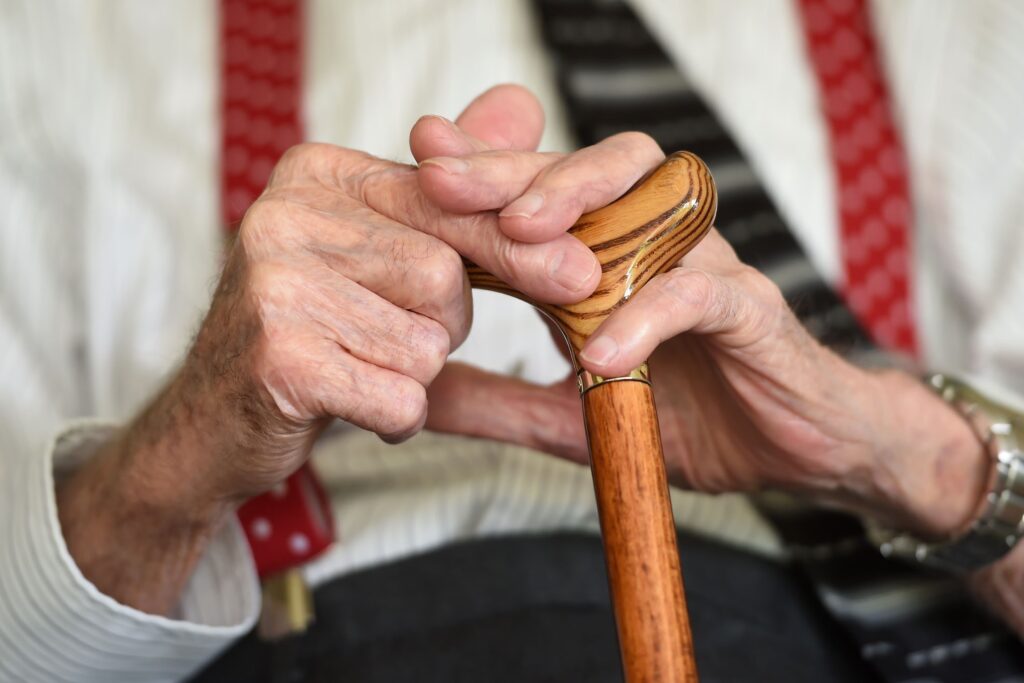Study Highlights Long-Term, High-Dose Prescriptions A new study shows that dementia patients are routinely given strong antipsychotic medications for longer periods and at higher doses than clinical guidelines recommend.
While antipsychotics can help manage behavioral and psychological symptoms of dementia, the National Institute for Health and Care Excellence (NICE) advises their use only in cases of severe agitation or distress and strictly under expert supervision.
Researchers from University College London (UCL) analyzed data from 9,819 patients aged 60–85, who were prescribed antipsychotics between 2000 and 2023. They found that:
- The average duration of initial treatment exceeded 7 months, compared to the NICE recommendation of 1 to 3 months.
- Nearly 18% of patients received an initial dose above the minimum effective level.
- The pattern of stopping and later resuming treatment was common.
“Analyzing nearly 20 years of data, we discovered that many individuals with dementia continue antipsychotic use beyond guidelines,”
said Dr. Juan Carlos Bazo-Alvarez from UCL.
He emphasized that using insights from routine records could help clinicians make safer, patient-focused prescribing decisions.

Experts Urge Review of Current Guidelines
Among those who began with moderate or high doses, 29% continued on the same dose throughout the first year. Of those who discontinued the medication, 56% restarted it later.
“There’s a clear gap between clinical guidelines and real-world practices,”
said Professor Irene Petersen from UCL.
“It may be time to reassess the current guidelines.”





